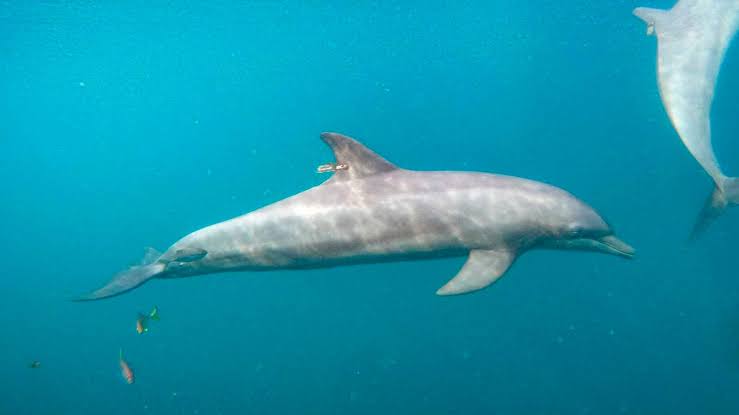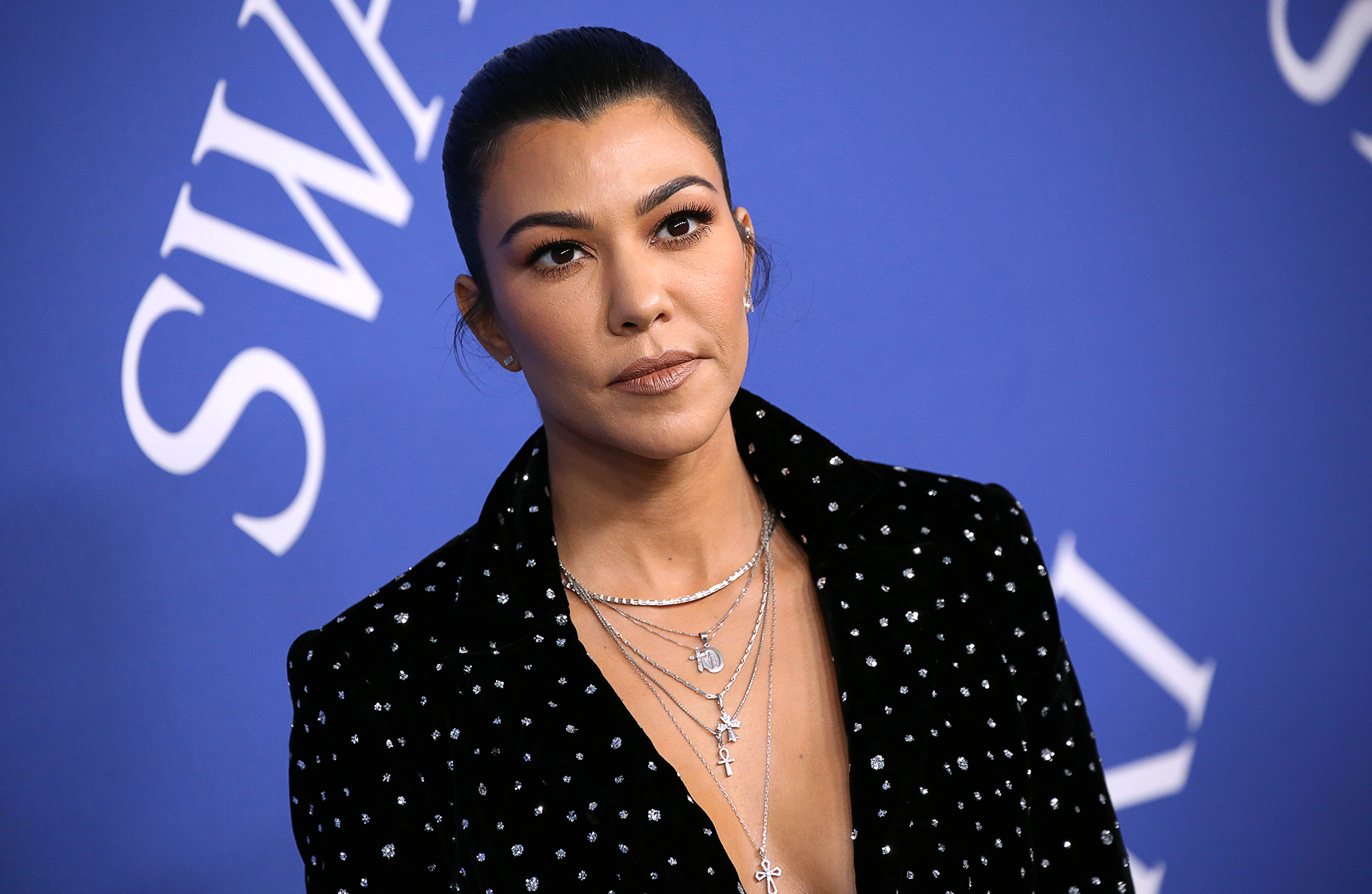Three rescued dolphins from an Indonesian sanctuary swim freely.
After years of confinement for the enjoyment of visitors who would touch and swim with them, three bottlenose dolphins were released into the free water in Indonesia on Saturday.
Underwater gates opened off the island of Bali, allowing Johnny, Rocky, and Rambo to swim freely as red and white Indonesian flags flew in the background.
After years of performing in a traveling circus, the trio was sold and rescued three years ago from their cramped pool in a resort hotel.
At the Bali sanctuary, a floating pen in a bay that offered a kinder, more natural environment, they restored their health and vitality.
Dolphins are wild animals that should be allowed to remain in the wild, according to Lincoln O'Barry, who collaborated with the Indonesian government to establish the Umah Lumba Rehabilitation, Release, and Retirement Center.
O'Barrry said it was a very sad experience to watch them leave.
The Bali Forestry Department and the Indonesian Ministry of Forestry launched the center in 2019. The Indonesian word for dolphin is umah lumba.
The dolphins stared at the opening once the gates opened for a while, unsure of what to do. But after almost an hour, they started moving, occasionally jumping across rough seas.
Through a broadcast on the internet, The Associated Press observed their release. Drones and underwater video are being used by O'Barry to capture the release for a movie.
The Dolphin Project, established by Lincoln O'Barry's father Ric O'Barry, who was also present for the release, received funding from the Indonesian government in order to save the dolphins.
Ric O'Barry worked as the dolphin trainer for the 1960s television program Flipper, but he eventually realized how much of a cost it was to the creatures. Since then, he has committed his life to helping dolphins go back into the wild.
The dolphins swam out, and the staff members applauded. The facility's rehabilitation coordinator, Wahyu Lestari, said that she was a little sad to see them go.
She replied, I'm glad they're free and going back to their family. They belong in the wild because that is where they were created.
For a year, GPS tracking will be used to monitor the released dolphins at sea. They are welcome to visit the refuge again, but it's not clear what they will do there. They might stay together, move on to another pod, or go their separate ways.
Dolphins maintained in captivity are frequently injured because they are transported from town to town, kept in chlorine water, held alone, or made to interact with people.
When Johnny, the eldest dolphin, was saved in 2019, his teeth were worn all the way down to the gum line. He received dental crowns resembling dolphins earlier this year, allowing him to now tightly control live fish.
Of the three dolphins, Johnny was the first to swim out to sea.
For fifty years, Ric and Lincoln O'Barry have worked to free dolphins from captivity in countries like Brazil, South Korea, and the United States. Their first release in Indonesia was on Saturday.
Following a ten-year public education effort that included billboards, artwork, school programs, and a push to discourage people from purchasing tickets to dolphin exhibitions, the Indonesian government decided to save the dolphins.
On Saturday, a government minister was on hand to open the sanctuary's gate.
The sanctuary in Indonesia will still be used to house additional captive dolphins, according to Lincoln O'Barry. As more dolphin shows close, similar sanctuaries are being planned in North America and Europe. He claimed that thanks to technology like virtual reality, visiting a zoo or a dolphin show is no longer necessary to appreciate nature.
The Middle East, China, and Japan are all still places where people enjoy dolphin exhibitions.
The dolphin hunt in the town of Taiji, which was the subject of the 2010 Oscar-winning film The Cove, has received attention in Japan thanks to the father and son. Every year, fisherman scare dolphins into a cove where they confine them, sell some of them to dolphin shows, and slaughter others to use as food.
In Japanese culinary heritage, whale and dolphin meat is prized as a delicacy. But Taiji has long been the target of criticism from environmentalists, including some Japanese.
Within a few miles kilometers of Indonesia, the three dolphins had been released. They encircled the sanctuary though before they departed.
They circled back and approached us once again, as if to thank us and bid us farewell. They immediately headed out to sea, where they vanished, according to Lincoln O'Barry.
We don't know where they're going next. However, we wish them health and longevity.


Comments
Post a Comment